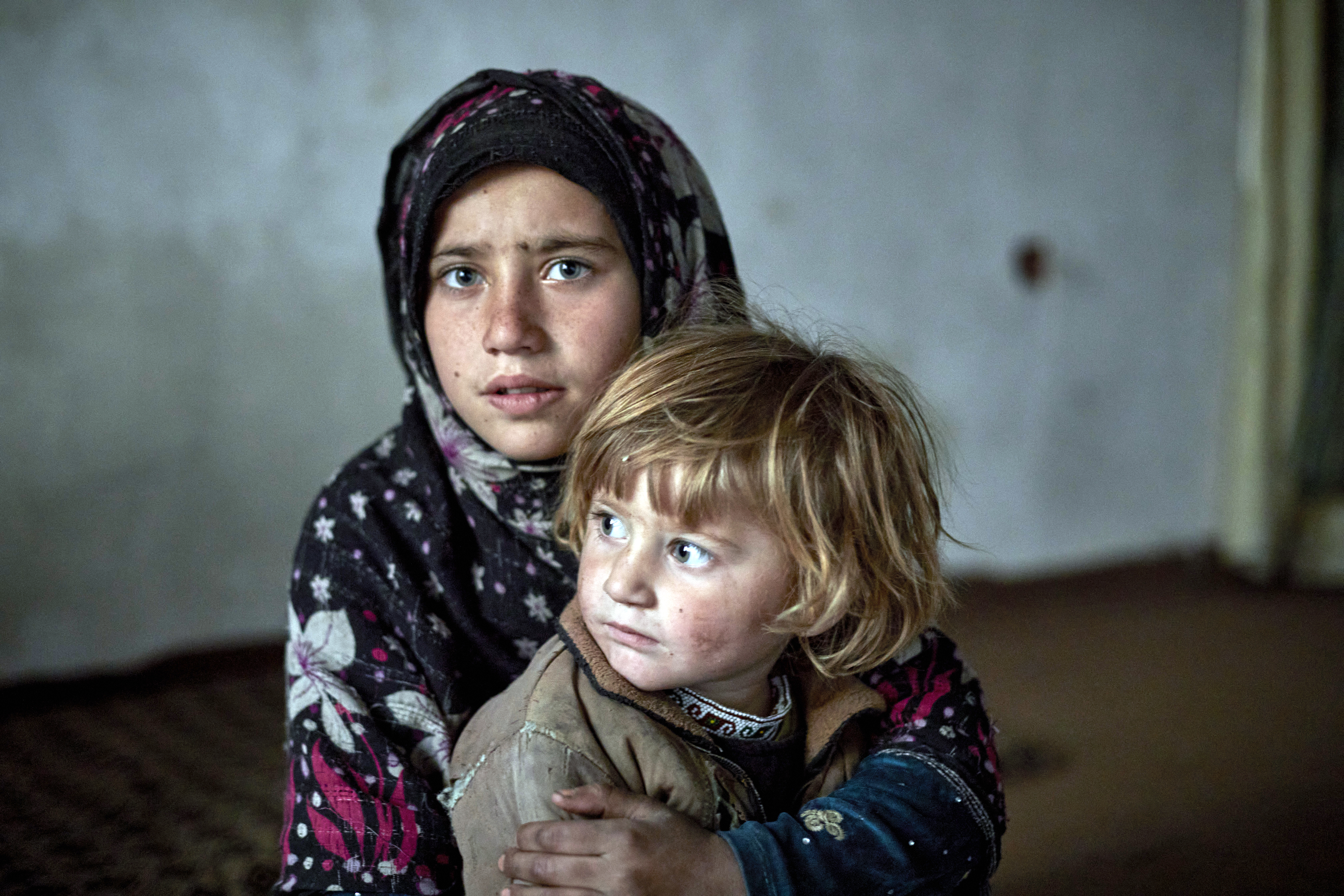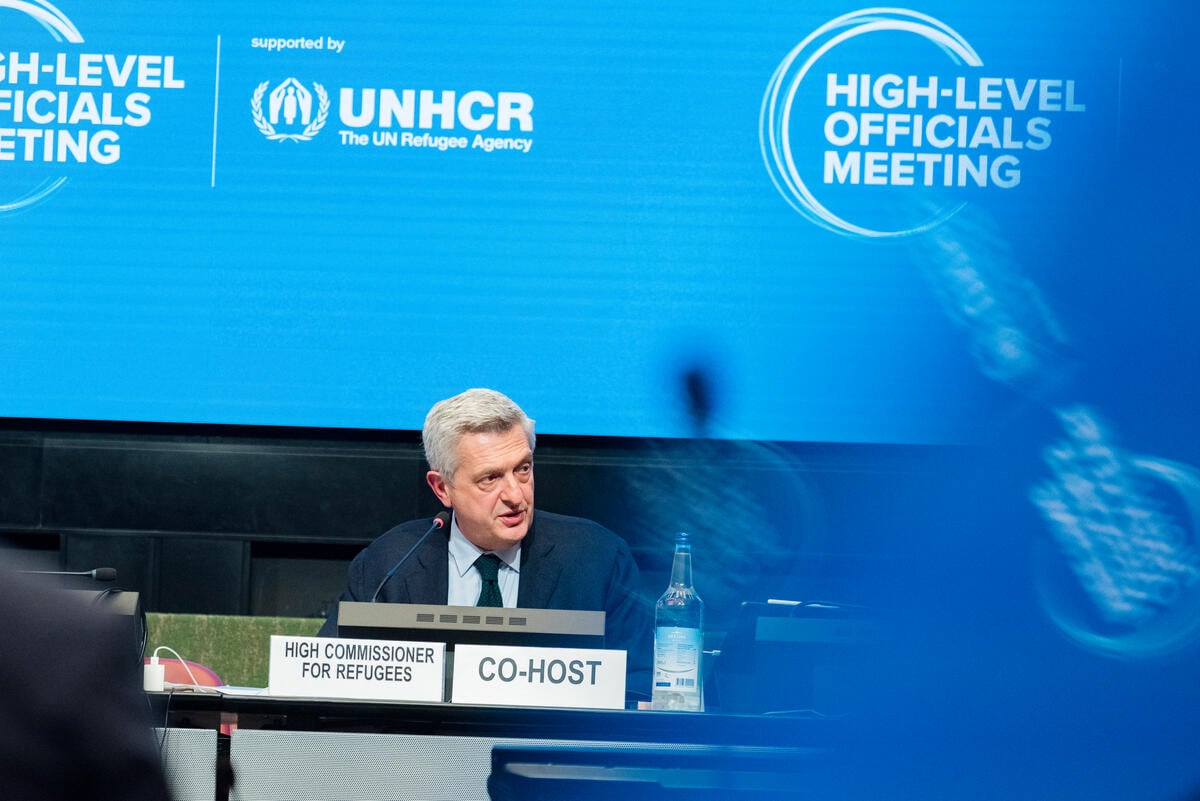Resettlement of Palestinians to Iceland
Resettlement of Palestinians to Iceland
A total of 29 vulnerable Palestinian refugees stranded for the last two years in a makeshift camp in the desert on the Iraq-Syria border are set to leave Monday to begin a new life in Iceland. The group includes some of the most vulnerable refugee women, several of whom lost their husbands during the conflict in Iraq - and their children. Given their vulnerability, UNHCR considers resettlement their only option and we appreciate Iceland's decision to accept them.
Iceland takes 25 to 30 refugees for resettlement annually and in recent years has focused in particular on resettling single women and single mothers with their children. In previous years, the country resettled Colombians and refugees from the Balkans, including Kosovars. Iceland has actively supported UNHCR in our efforts to broaden the base of new resettlement countries. It has also offered to act as a 'mentor' for new resettlement countries, particularly on how to help refugees integrate in their new home.
An estimated 2,300 Palestinians are still living in desperate conditions in two refugee camps along the Iraq-Syria border - Al Waleed inside Iraq, and Al Tanf in the no-man's land between the Iraqi and Syrian borders.
Of the estimated 34,000 Palestinians who lived in Iraq in 2003, an estimated 10,000 to 15,000 remain. Al Waleed camp is presently home to more than 1,400 refugees, while Al Tanf camp has doubled in size since October 2007, with some 900 refugees living there.
Another group of 155 Palestinians from Al Tanf are scheduled to resettle soon to Sweden.
The summers in the desert camp are excruciatingly hot, while in winter temperatures can drop to the freezing point. In general, living conditions are extremely harsh, with minimal services. Snakes and scorpions are common. Lacking proper medical care, the health of many refugees has become increasingly dire. Palestinian health workers in Al Waleed - who see patients every day - have identified medical conditions ranging from diabetes and birth defects to kidney problems, cancer and serious trauma. The nearest proper medical facility in Iraq is more than 400 kilometres away and patients have to be transported by taxi.
UNHCR has repeatedly called for international support for the Palestinians, but with few results. Few Palestinians in the border camps have been accepted for resettlement or offered shelter in third countries. Only some 300 Palestinians have gone to non-traditional resettlement countries such as Brazil and Chile. Some urgent medical cases were taken by a few European countries, but this is a very small proportion of the 2,300 Palestinians stranded in the desert.
UNHCR continues to advocate for alternative humane solutions in the hope that all of the Palestinians will be able to leave the harsh conditions of the camps. Their relocation would in no way jeopardize their right to return at any stage, if and when such a possibility arises.








